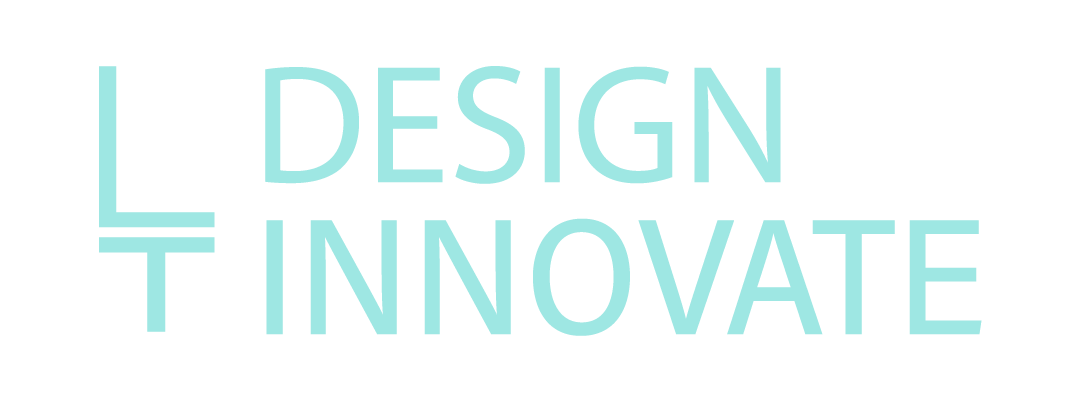Salena Burke
Powered By:


Student dashboard home screen
A Future-Focused Approach for Personalized Learning
In America’s classrooms, limited emphasis on applied learning can make it challenging for many students, particularly young Black male students, to see how their education connects to real-world applications.
While traditional career counseling might point students toward familiar paths, a new design approach uses adaptive technology to help students envision futures they might never have considered.
"
The way we expose young people to careers has remained largely the same over the years, offering limited opportunities to explore a wide range of options. Career suggestions often fail to incorporate personalized data, such as individual experiences or cultural contexts, to better guide exploration. Our work aims to change that.
- Salena Burke

Adaptive Technology Creates New Possibilities for Young Black Students
By Salena Burke
Intentionally Designed for Access
Combining U.S. Department of Labor data with Holland’s Theory of career interests and real-time academic performance, the Career Pathways tool represents a breakthrough in personalized career exploration. What sets this approach apart is its intentional design: it highlights fields where Black males are traditionally underrepresented, creating visibility and access to opportunities that might otherwise remain hidden.

A daily journal helps train a chatbot for additional social-emotional support.

Students select preferred career environments.
Early results from simulated data show promising engagement. Simulations based on the platform indicate that students are likely to explore various career paths and discover careers they had not previously considered, with fields like biotechnology, renewable energy, and data science showing significant potential to spark interest. The ID team will continue its work with students at a charter school on the South Side of Chicago to validate these findings and further refine the platform.
Looking ahead, the project team is developing features to involve parents and teachers more directly in the career exploration process. Future versions will include detailed analytics about students’ interests and engagement patterns, helping support networks better understand and nurture emerging career interests.
The system creates uniquely tailored career recommendations for each student, helping them see potential futures, plural, that might not exist in current role models. The system works on multiple levels:
Personal Exploration
Students receive career suggestions based on their interests, academic strengths, and personal background. The technology adapts its recommendations as students engage with different career options, learning from their choices and refining future suggestions.
Cultural Relevance
The platform features diverse role models across various fields, helping students see themselves represented in different careers. A custom language model translates professional terminology into student-friendly language that resonates with young users.
Practical Experience
The tool maps local opportunities for hands-on career exploration, from virtual options like documentaries and online workshops to in-person experiences when available in the student’s area.
Emotional Support
An integrated chatbot provides ongoing encouragement and guidance, engaging students in conversations about their interests, academic journey, and daily experiences. This feature creates a safe space for students to express concerns and receive support tailored to their specific situation.

Example of a career choice page
The Career Pathways project demonstrates how design can address complex social challenges through technology while maintaining a human-centered approach.
By creating personalized, culturally relevant experiences, we can build a future where career exploration becomes more equitable, engaging, and empowering for all students.

Career recommendations based on learner's interests

Career recommendations based on learner's academic performance.
